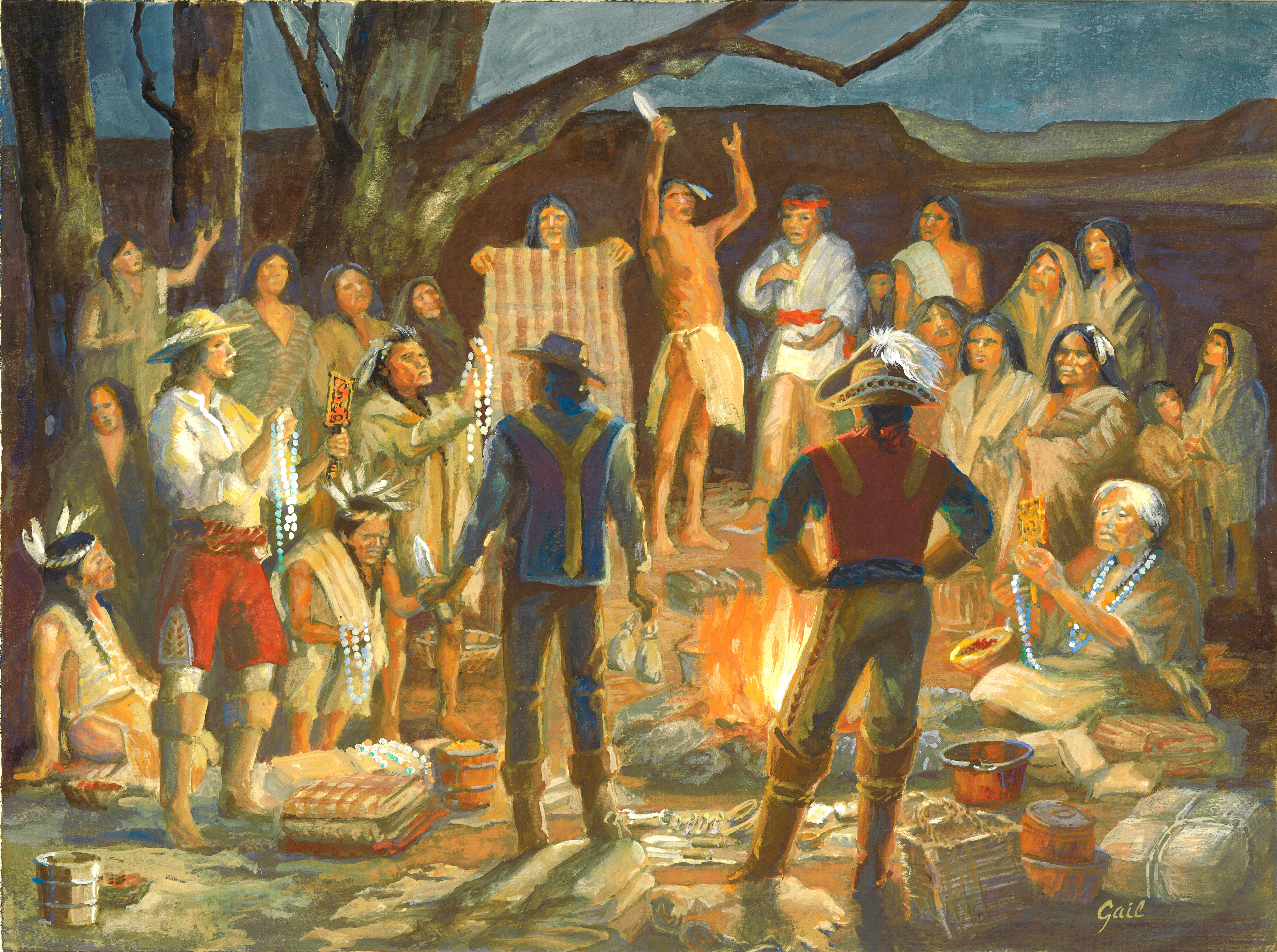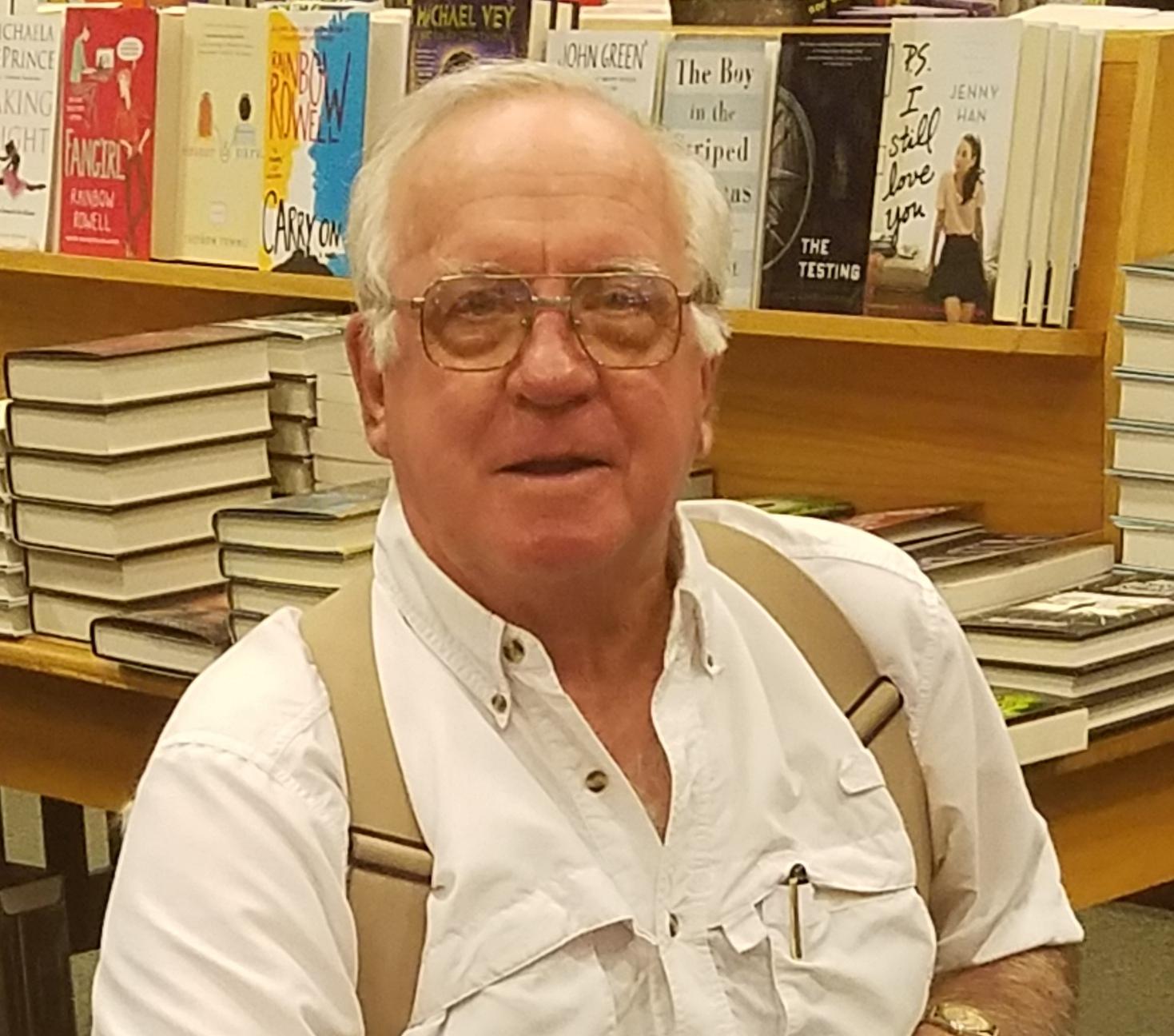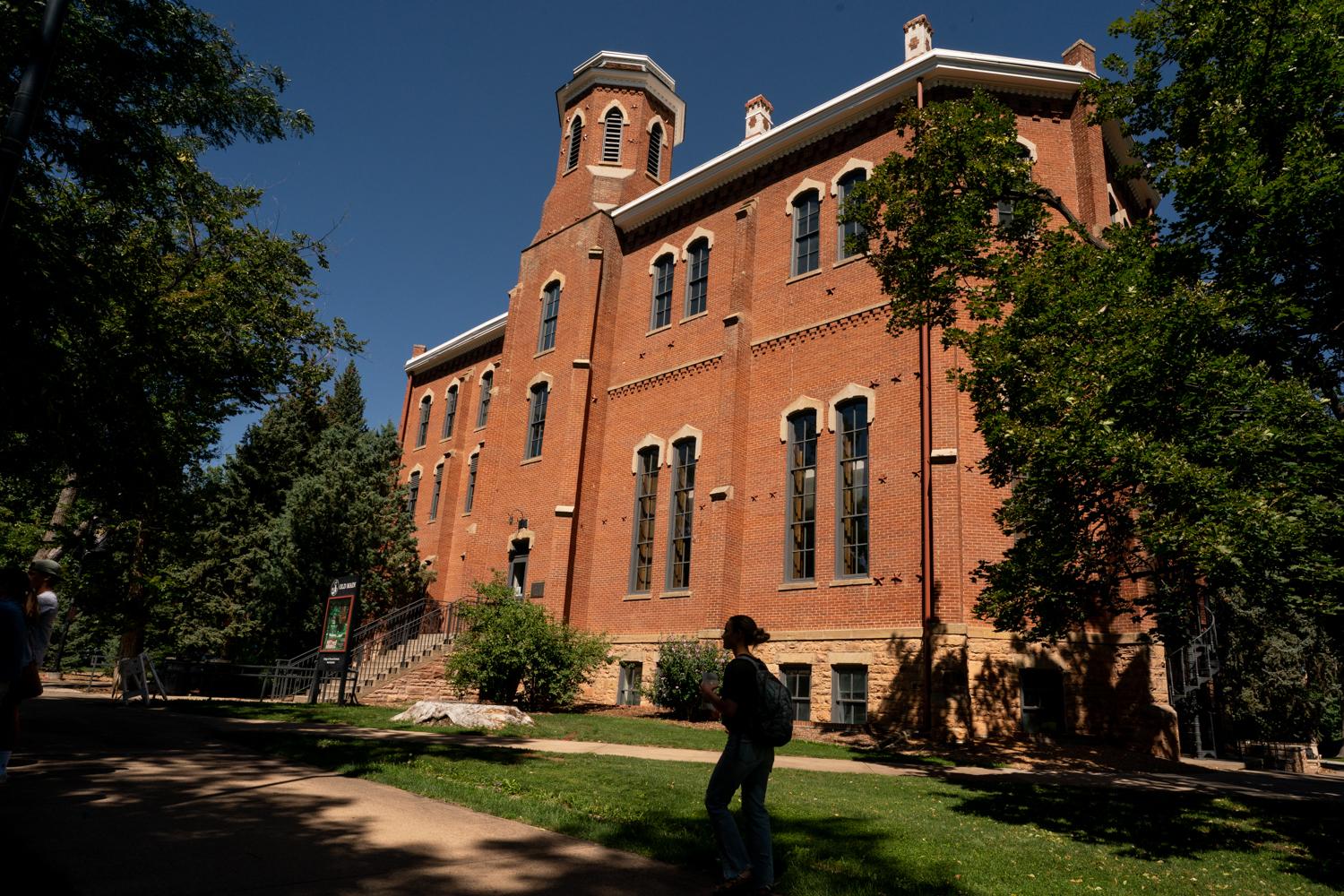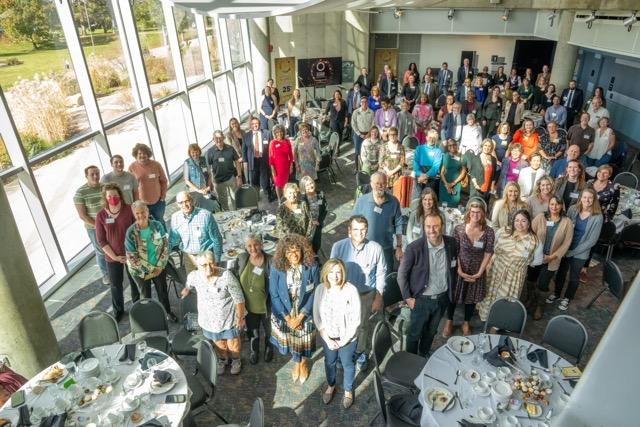
When it came to journal writing, Juan Rivera was a man of few words. That is part of the reason the 18th century Spanish explorer is not as well known as the more prolific explorers, like Dominguez, Escalante and Lewis and Clark, who came after him.
Rivera's 1765 journey in what is now Western Colorado was focused on finding sources of silver, as well as a tribe of heavily bearded men. Spaniards, at the time, had heard rumors of bearded men who lived north of the Colorado River. The Spaniards feared these "hombres barbudos" might be Russians or Frenchmen who were trying to horn in on the Spaniards' new-world land and resources. Rivera never found the tribe -- the rumors were false.
Another reason Rivera has not been well known is that his journals were hidden in military archives in Spain for nearly two centuries. They were discovered in the 1960s, but took decades to translate and research.

Montrose author and archeologist Steven Baker has written a large illustrated book about Rivera,. It was a finalist for a Colorado Book Award in 2016. The book has also sparked new interest among historians in Rivera. The book is called "Juan Rivera's Colorado, 1765: The First Spaniards Among the Ute and Paiute Indians on the Trails to Teguayo."
• How Carvings In Aspen Trees And Rocks Earned This Sheepherder The Title Of 'Master' Artist
• It's Not Just History Anymore At The Ute Museum In Montrose








